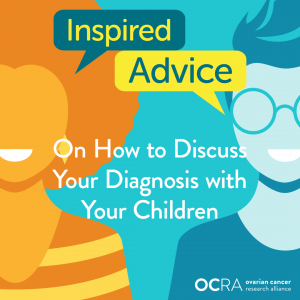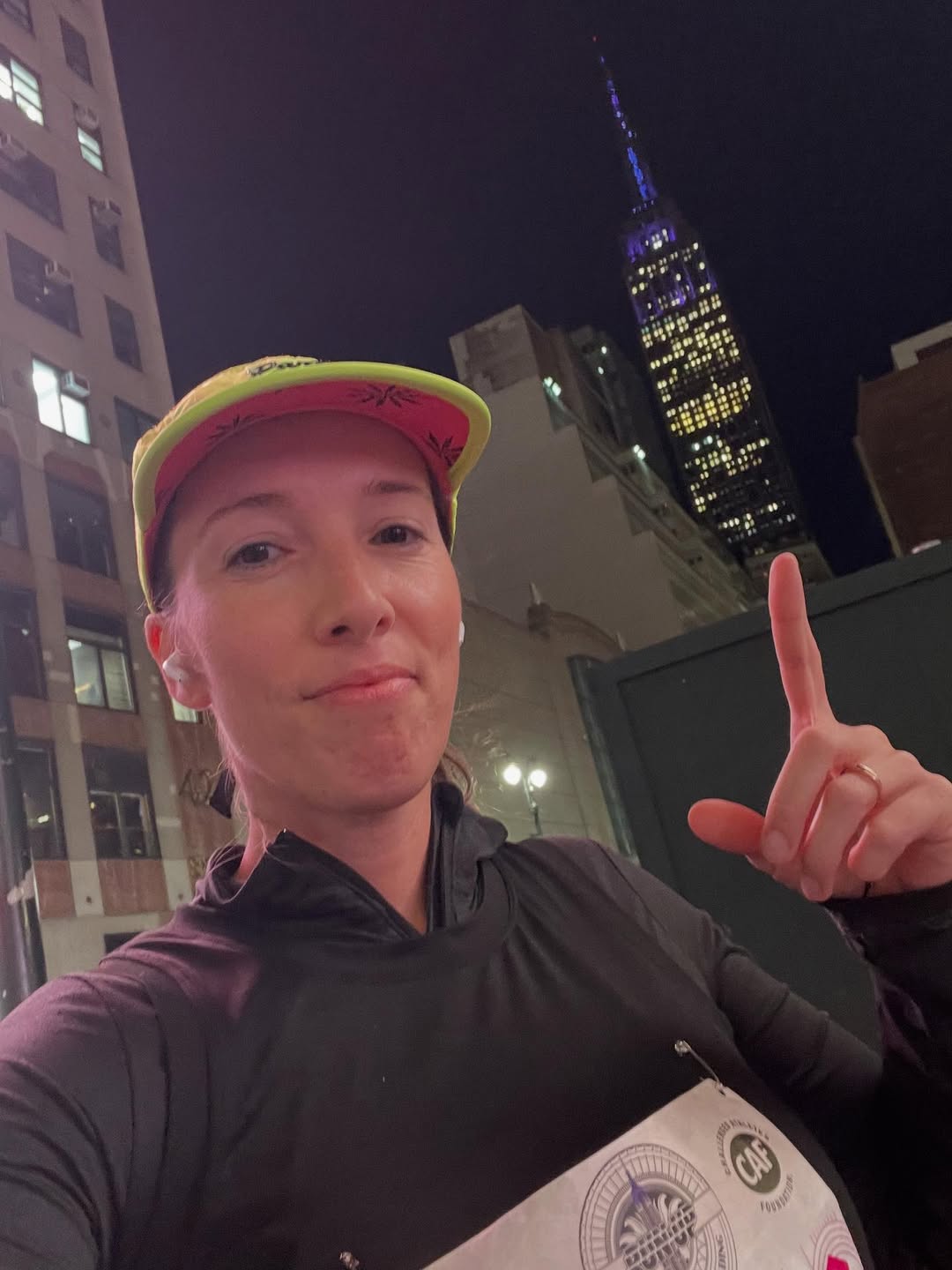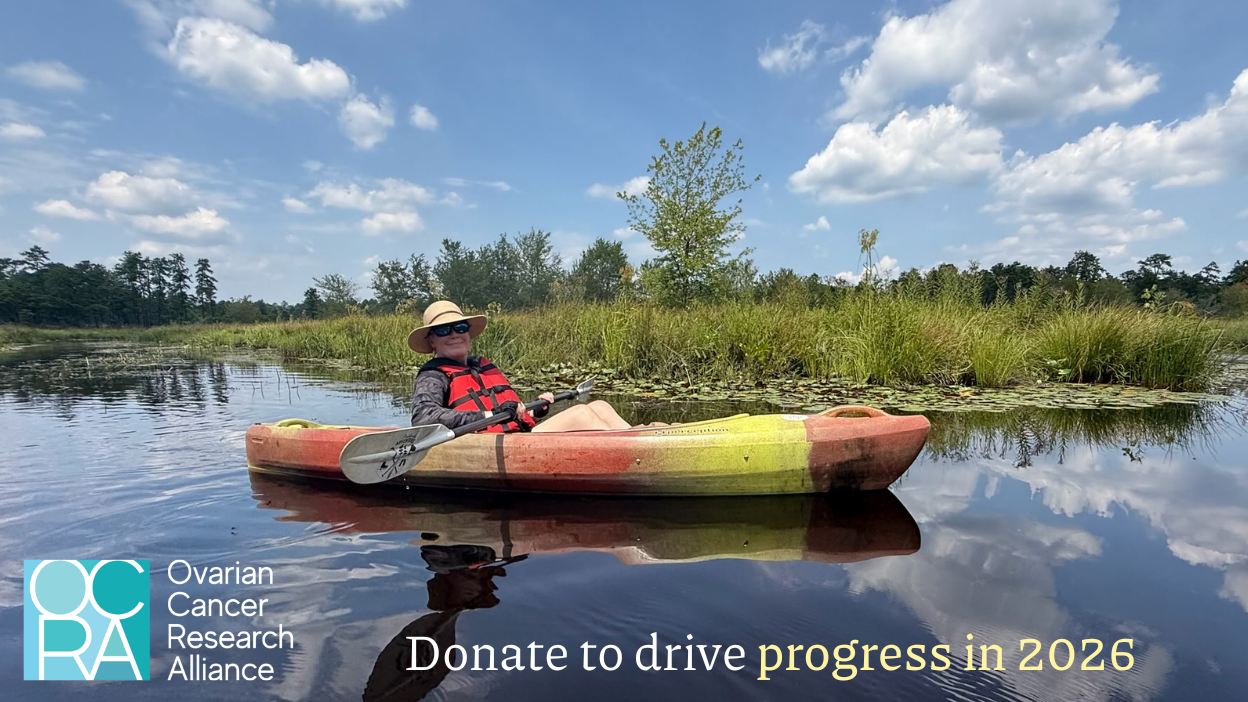
Those who have faced an ovarian or gynecologic cancer diagnosis have so much to offer to others going through a similar experience – be it support, tips or friendship. “Inspired Advice” is a blog series that tackles specific topics – from what you wish you knew when first diagnosed to what you need most from a life partner – and shares advice and reflections from our OCRA Inspire Online Community. They are, in many ways, the experts.
Finding the best approach for your family
As you’ll see from the observations offered below, there’s not a one-size-fits-all approach when it comes to talking about your diagnosis and treatment with your children and/or grandchildren. So much depends on each individual child and there are a multitude of factors to consider, such as age, temperament, ability to understand and process information, and emotional needs and makeup. The amount and depth of information you choose to share is up to you, but we hope you find the following to be of help as you decide on what works best for you and your family.
Keep it simple and stick to the basics
- “Matter-of-fact and as little as possible. She was only four when I was diagnosed.”
- “I tell them grandma was sick but getting better for them.”
- “My children (ages 21, 27, 29) know the basics of my situation.”
- “With the older ones, I explain that I’m sick (without too many details) and I am getting the best possible care, but there will be times when I don’t feel well or can’t do everything I used to.”
- “No kids but young neighbors I am close to. We told them I am taking medicine that makes my hair fall out and will make me tired. They took that at face value and only comment was it is not nice to make fun of people with no hair!”
Actions and attitude speak volumes
- “My boys were 9 and 14 when I was diagnosed. They saw that I was trying to be strong with a positive attitude. I tried to lead as normal a life as possible. We didn’t have any formal talks. Their lives went on as usual as well. I think my attitude helped them.”
- “I usually make light of it. Let the younger ones put temporary tattoos on my bald head; let them try on the wigs, laugh.”
- “Don’t talk much about it unless it is relevant … grandchildren are amazing and it’s great to spend time and focus on them and not myself.”
- “My sons are adults. I told my oldest immediately. We went on a family vacation for one week before surgery so I could have one more moment of feeling normal.”
Communicate openly and often
- “I tell my children what they need to know and answer any questions that they may have.”
- “I am honest [with my kids] and tell them I will fight with whatever treatments are available to me.”
- “I communicate with my adult children after each appointment and treatment. I answer my grandchildren’s questions.”
More tips for talking to your kids
- “Children know when something isn’t right, no matter how you try to hide it from them. I think it’s important to let them know it has nothing to do with them, and that you love them.”
Find helpful resources and additional resources on how to speak with your children about ovarian cancer in Living Life with Ovarian Cancer.
OCRA’s ovarian cancer online is a support community through Inspire.com which offers a safe and private place to share encouraging feedback, compassionate support, and honest personal experiences. There are members from across the world who share their questions, concerns, successes and struggles with honesty and courage. Learn more or join our online Ovarian Cancer Inspire community.


